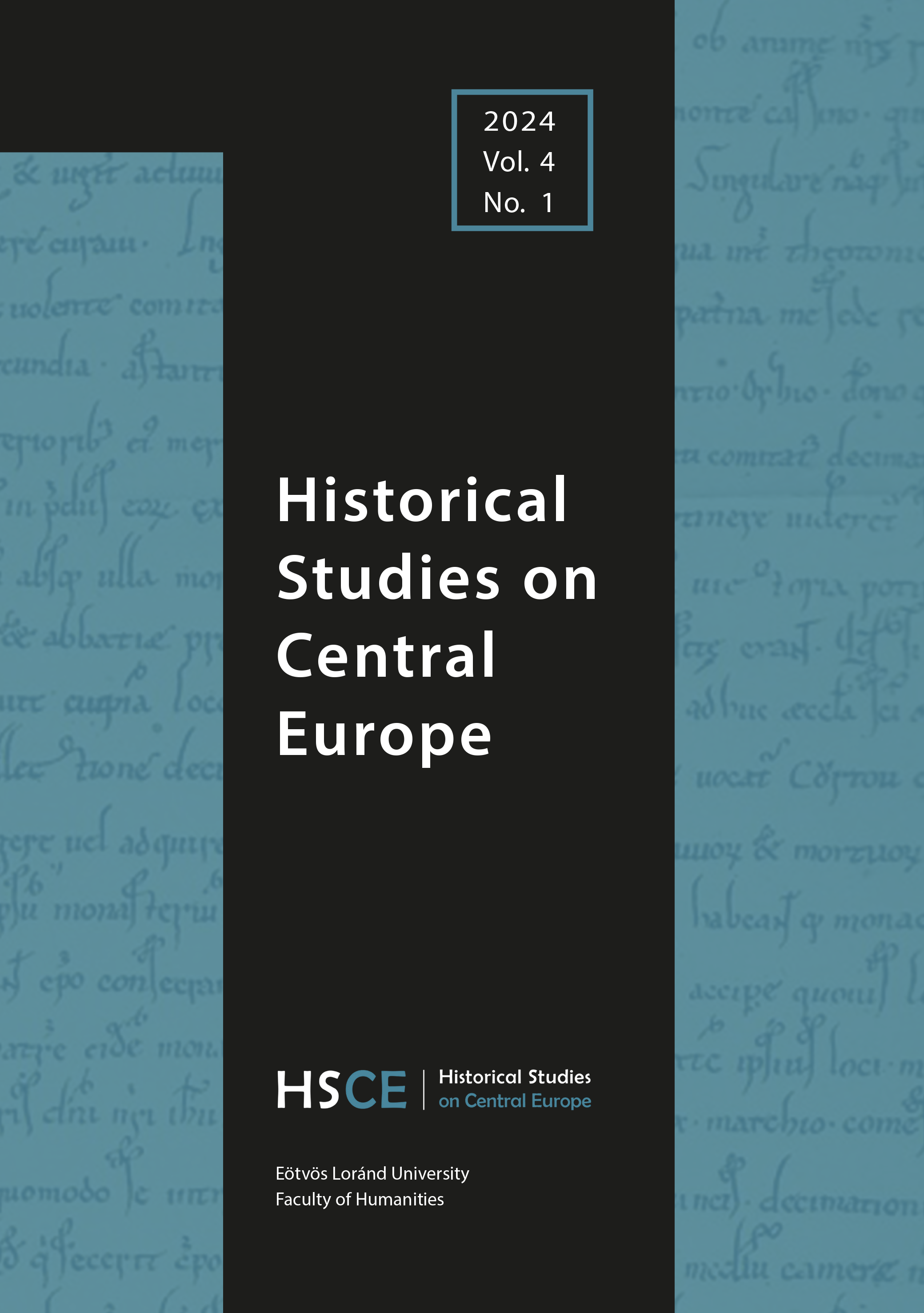Published 24-07-2024
Keywords
- Székely/Szekler,
- fugitive,
- state formation,
- üzbég/izbég,
- ’wandering’
- frontier,
- institutional vacuum,
- Cossacks,
- unintended consequences,
- self-organization ...More
How to Cite
Copyright (c) 2024 Tamás Keszi

This work is licensed under a Creative Commons Attribution-NonCommercial 4.0 International License.
Abstract
The word ‘Székely’ or ‘Szekler’ was formed from the Hungarian verb szökik (jump, move fast, escape, run away) using the suffix ‘-l/ly’ creating deverbal nouns. The original meaning of the word is fast-moving (person), fugitive, or runaway. The formation of the social group began in the eleventh century. The process was brought about the establishment of the landlord system and frequent wars which led to the escapes and ‘wanderings’ of slaves and free people coerced into bondage. The refugees mainly settled in the sparsely populated border region, where the institutional vacuum offered them favourable conditions to avoid the control of the feudal state. Here, the groups of different ethnic origins acquired a unified identity. We can understand the process of the formation of the community by using the conceptual frameworks of ‘unintended consequences, self-organization, spontaneous order, and exaptation.’ The spontaneous process may have been replaced by the conscious organizational efforts of the Hungarian kings only around 1100. This was followed by the first mention of the Székelys in the Battle of Olšava in 1116.


